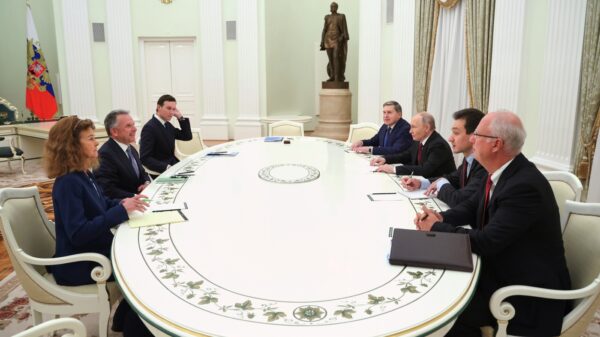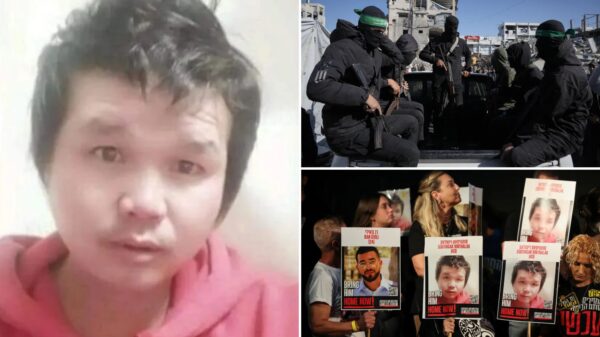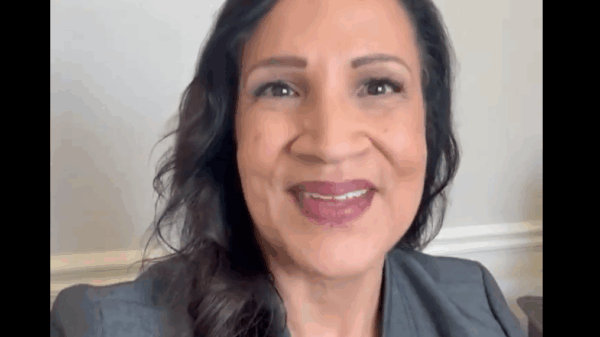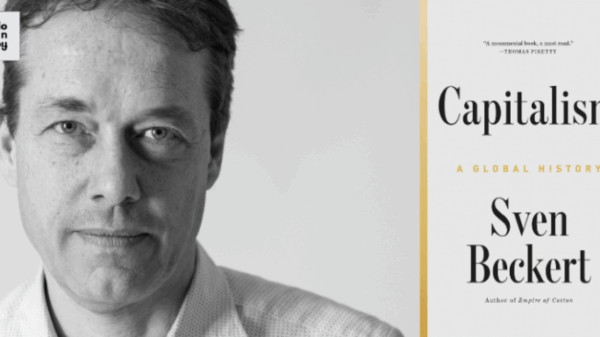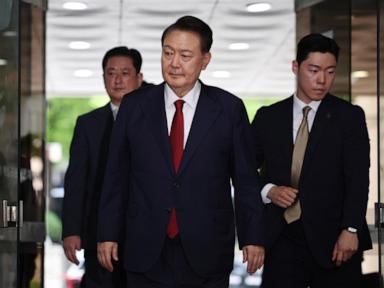The former President of South Korea, Yoon Suk Yeol, appeared in court in Seoul on Wednesday to address a request from a special prosecutor for his arrest. The charges against him stem from his brief imposition of martial law on December 3, 2022, which has been described as an authoritarian move aimed at suppressing his political opponents.
Yoon, who was impeached by the National Assembly on December 14, 2022, arrived at the Seoul Central District Court in a black van accompanied by his legal team. His previous imprisonment was cut short in March after the court overturned an earlier arrest decision. This ruling enabled him to stand trial for what has been termed an attempted rebellion without being detained.
Charges and Legal Proceedings
The special prosecutor, Cho Eun-suk, leads the investigation into Yoon’s actions during his presidency, specifically focusing on allegations of abuse of power, falsifying official documents, and obstructing official duties. According to Cho’s team, there are concerns that Yoon could destroy evidence related to these charges, which led to the request for an arrest warrant submitted to the court on Sunday.
Before entering the court, Yoon declined to answer questions from journalists. In response to the arrest request, his lawyers issued a statement claiming that the move was excessive and lacked sufficient evidence. The court is anticipated to announce its decision regarding the warrant by Wednesday evening or early Thursday.
Yoon’s imposition of martial law was intended to counter what he described as “anti-state” actions by his liberal opponents. He asserted that their legislative majority obstructed his agenda. However, this decree lasted only hours after lawmakers, breaking through a blockade of armed soldiers, voted to lift the measure. Following this incident, Yoon faced impeachment and criminal charges, including accusations of attempting to seize control of the legislature and election offices.
Potential Consequences and Political Impact
The gravity of the charges against Yoon is significant, as they carry penalties ranging from life imprisonment to the death penalty. Additionally, he is accused of failing to follow required legal procedures when declaring martial law, including the lack of deliberation by a formal Cabinet meeting. Allegations also include the illegal deployment of presidential security forces to obstruct law enforcement attempts to detain him at his residence in early January.
Lee Jae Myung, Yoon’s liberal successor who won the snap election in June, has since approved legislation to initiate extensive investigations into Yoon’s martial law actions and other allegations involving his administration and family. This political context underscores the ongoing tensions in South Korean politics, particularly surrounding the former president’s controversial actions during his term.
The unfolding legal proceedings against Yoon are likely to have lasting implications for the political landscape in South Korea, as the nation navigates issues of governance, accountability, and the rule of law.







